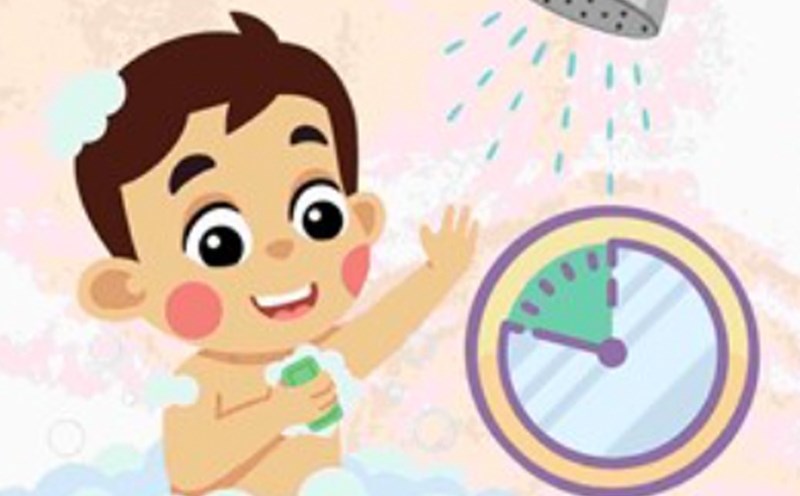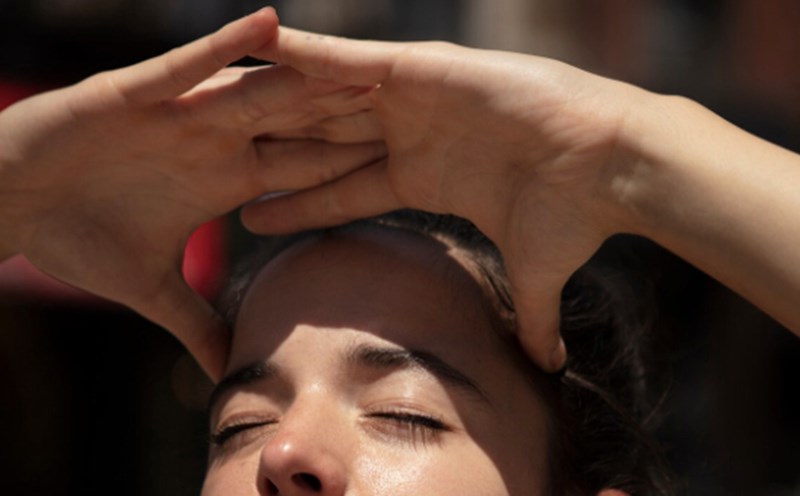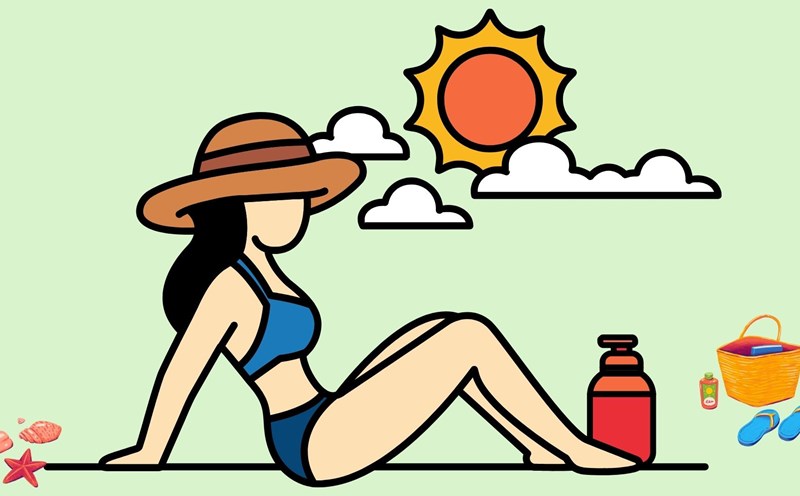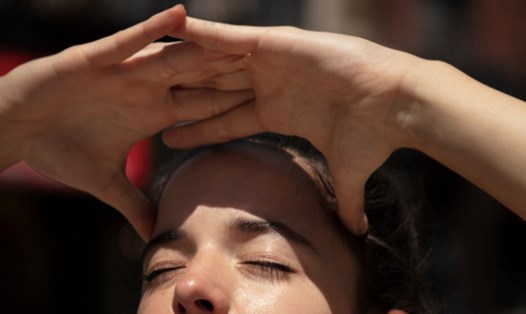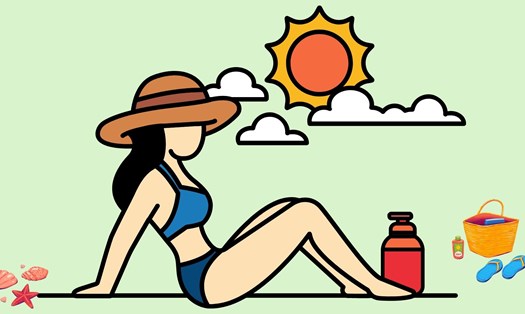1. Don't shower when your body is still too cold
According to Harvard Health and Cleveland Clinic, when body temperature drops, blood vessels constrict to stay warm, causing blood pressure to suddenly increase. Going into a bathroom while the body is cold or shaking can cause a temperature change too quickly, easily leading to a stroke or heart attack in people with underlying diseases. It is best to warm your body first by massaging your hands, feet or wearing a shirt for 3-5 minutes.
2. Avoid bathing in water that is too hot
Many people think that the hotter the water, the warmer it will be, but this can have the opposite effect. According to WebMD, hot water causes sudden dilation of blood vessels, causing blood pressure to drop rapidly, leading to dizziness, falls or even loss of consciousness. The suitable temperature for winter baths is about 3740°C, avoiding changing hot - cold water too quickly.
3. Do not shower for too long and stay warm immediately after bathing
The ideal winter shower time is only about 1015 minutes. Taking too long a bath causes the body to lose heat, increasing the burden on the heart. Experts from the Mayo Clinic recommend that after bathing, you should dry it immediately, wear warm clothes and avoid going to places with sudden cold air. People with high blood pressure, heart disease or the elderly should shower early in the evening, avoid showering late.
Winter baths seem simple but have many potential risks if done incorrectly. Just remember the above three principles, you can significantly reduce the risk of stroke and protect your health on cold days.

